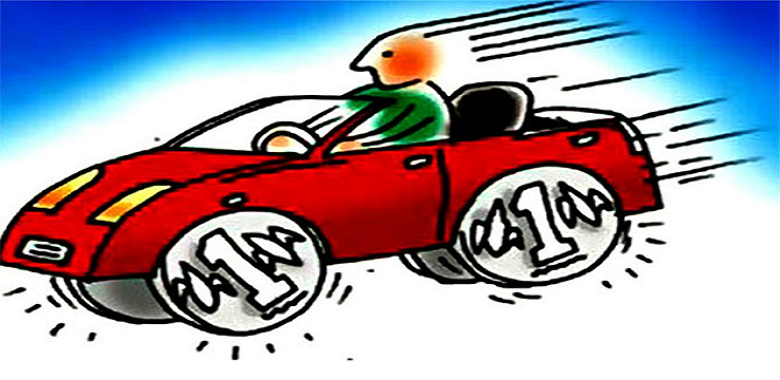The best motor insurance policy is not only the one that is offered by a reputed company or with the lowest premium but one that offers the best coverage for the widest variety of eventualities and saves you from out-of-pocket expenditure when things go wrong.

To ensure that a claim you make will be honored by the insurance company, it is important to know exactly what you as a policyholder are paying for. Understanding motor insurance terms and what they actually mean can be very helpful.
Below is the list of common motor insurance terms you must be aware of
Comprehensive car insurance
Comprehensive car insurance offers third-party insurance and also offers coverage for theft or damage of the policyholder’s vehicle. A policyholder can also choose add-ons to make the policy even more comprehensive.
Personal accident cover
This is one of the most important motor insurance terms to understand. While comprehensive policies protect the vehicle, personal accident covers the policyholder for physical injuries or disability due to a car accident. You can avail personal accident cover for the driver and all passengers depending upon a car’s seating capacity.
Third party insurance
This type of insurance is compulsory, and it provides compensation only to the third party (not the policyholder or insurance company) who may be involved in an accident with the vehicle of the policyholder.
Grace period
Car insurance should be renewed before the expiry of an existing policy to prevent the policy from lapsing and to receive benefits like a no-claims bonus. Sometimes, a policy does not get renewed on time due to unavailability of finances. Hence, insurance companies offer a 90-days grace period for a policyholder to renew the policy and maintain the accumulated NCB beyond the date of expiry.
No claims bonus
When it comes to car insurance renewal, this is one of the motor insurance terms you will come across. A no claims bonus is offered on policies where a policyholder has made no claim during the previous year. It is a type of reward over your premium.
Riders
In order to provide more services to policyholders, companies give the choice to the policyholders to buy the amount and type of coverage they require. These optional add-on features can be added to a basic or a comprehensive policy. The premium cost goes up, but the protection also increases.
Zero depreciation cover/ depreciation
Depreciation is the term used to indicate the decrease in the perceived value of a vehicle each year after purchase. Typically, commercial vehicle insurance premiums will go down over the years because of daily wear and tear and age will render a vehicle less valuable than at the point of sale. Zero depreciation cover is an optional rider that offers full compensation for replaced parts of a vehicle after an accident.
Cubic capacity
This is the volumetric capacity or what we commonly refer to as CC of a vehicle. This is relevant because it determines the amount of premium payable. Higher the CC, more the premium payable.
Lag or time gap
This is the period that may have elapsed between the time of the accident and the time a claim is made. Hence, it is important to make a claim as soon as possible. It can also refer to the time lag between making a claim and receiving payment or reimbursement for it.
Network Garages
This refers to garages and workshops that have a tie-up with the insurance company. The company encourages policyholders to use services of these garages that may also offer cashless facilities.
There might be many other terms in a motor insurance policy but the above ones are the most common and important ones to know so that you can lower your chances of an unsuccessful claim.

